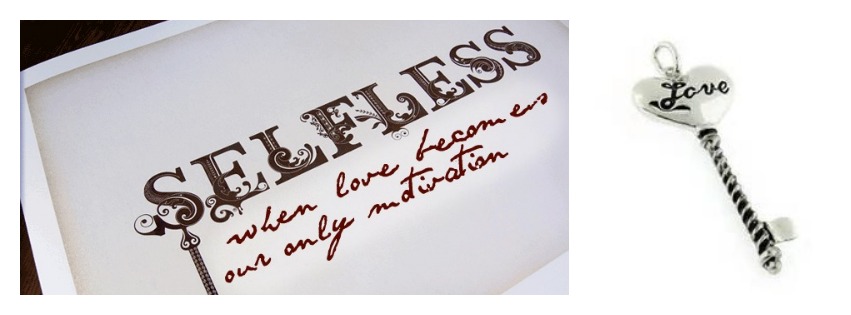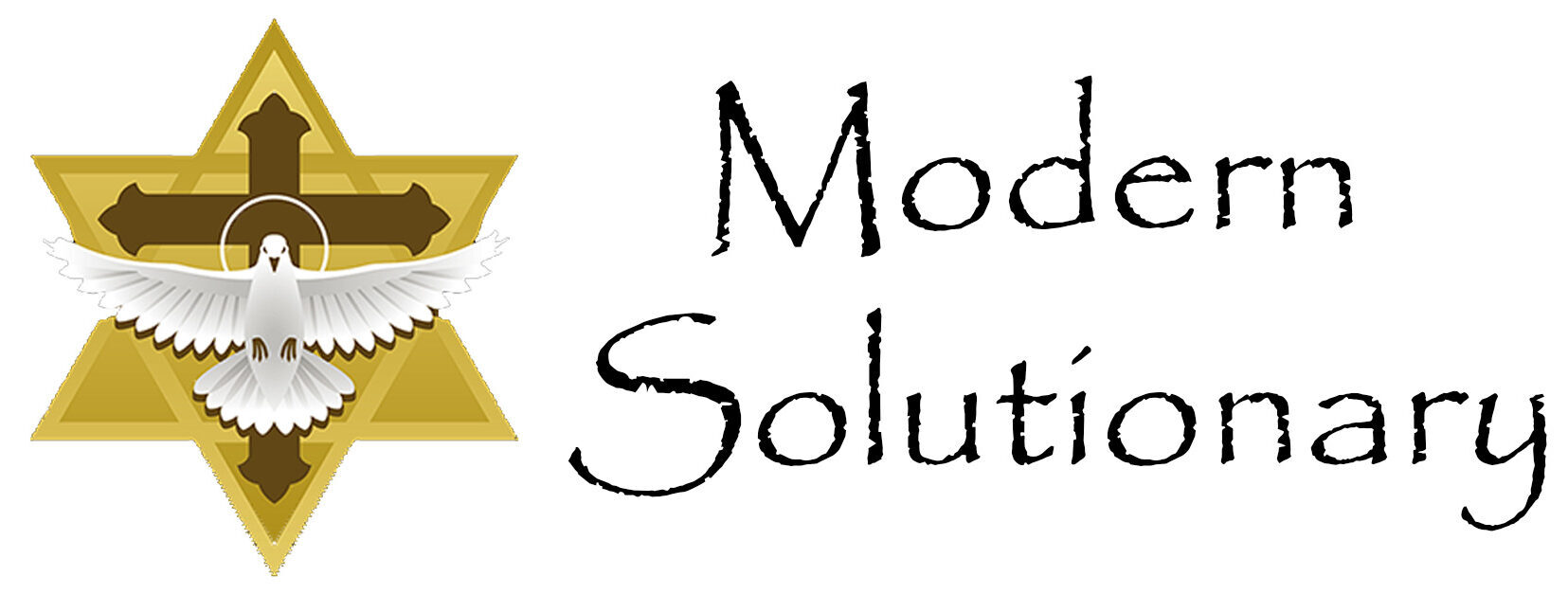
“My grown child is in an abusive relationship and I don’t know what to do to fix it.”
“If only I did not have all these problems to deal with in my life, my anxieties would be manageable.”
“My son was shot and killed; we have to outlaw guns.”
“Why does my spouse drink so much?”
“If things would finally go my way, I would not be so depressed and would not have to drink so much.”
“I work hard but I continue to be overlooked for a promotion. What can I do to make my boss aware of this mistake?”
“Consumers are being taken advantage of every day by the unscrupulous people they hire to do work for them. We need to have a new regulation to protect them.”
These are common views and thoughts of many people all around the world. Who knows, you might have said or felt these exact sentiments in your own life at one time or another. Some people can get past these obstacles, moving on to great happiness and success, while others turn these hardships into a permanent way of life or worse, the reason for their ultimate demise. What is it that makes the difference between flourishing out of despair and allowing the despair to control you very existence?
First let’s consider the views above. What is the common denominator in all of those statements?
If you said, that in each of those cases, bad behaviors, poor choices or habitual decisions were made you would be on the right track. Look at them again and consider, who the person making the statement, views as the one in need of change? Correct, in each of those statements the person feeling the anxiety, depression, or the injustice does not view themself as the one with the problem needing correcting; it is always someone or something else at fault for the pain that they or their loved ones are suffering. In cases where a loved one is involved; it is not even that person who bears the responsibility. In their mind; a non involved third party should be the blame or in some cases, our government should be responsible to fix it. This is at the heart of the problem of selfishness. The problem makes me suffer but someone else is the blame and someone else should solve it so I don’t have to change.
I have written in one of my books, “Selfishness causes blindness to the truth; it is only the brightness of Love to the Third Power that can remove the darkness of deception, bringing clarity of sight. For in order to relieve our problems we must first make a wise and true decision based on a compiled list of the best choice options of which to select. However, this successful choice process first requires that we know, experience, and believe the truth.”
Love to the Third Power is the only true and selfless love. Love found in the bodies, minds and souls of those who demonstrate a caring attitude through thoughts, words, and deeds for those who share a strong unwavering emotional bond with you; a bond consistent with the relationship shared by the three parties affected by every decision. On a family level it would be your family members, the people of the community in which you live, and your spiritual family who share and teach your moral values. On a business level it would be the businesses’ associates, the consumers and people impacted indirectly by the company’s product or service. When all three are considered and satisfied before a decision is made, wisdom will prevail.
If it is true that all of the people above share the same selfish views yet some of them are still able to rise above these hardships, what is the differentiator that makes that possible? It is something that I call, Personal Growth toward Wisdom.
Personal growth toward wisdom is simply a shift in attitude. In order to succeed and overcome any hardship a person must first take ownership of their problems and solutions they choose. When your attitude shifts to others, personal growth and your wise decisions can begin to address the true problems causing the other issues needing to be changed. It is true, that not all problems can be solved to our satisfaction but we have to face the truth that all man-made problems can be solved by man, even if the solution is not one that brings us the pleasure we desire or immediately relieves the pains of past bad choices.
To illustrate these realities, recently I was on a panel discussing the importance of freedom of choice. A fellow panelist, a psycho-therapist, made a comment that I found extremely interesting and culturally revealing. He exclaimed to the audience, “Rational people cannot make bad decisions.”
This was immediately countered by a vocal audience member who shouted, “I do not agree with that statement.” The physiologist asked him, “Please explain why you feel that way.”
After being brought a microphone, “I decided to marry the wrong person; a crazy person who for many years caused tremendous pain and struggles to me and our family. We finally decided to divorce. It was the wrong decision to choose her to marry.”
The therapist asked him, “What made it a mistake?”
Taking his time before answering, “I did not know at the time of our wedding that she was an alcoholic. After the fact, she would never seek help and the problem only got worse as time went by.”
“So, what you are saying is that given the information you had at the time of the wedding you thought she was the right person?”
“Yes but if I had known she was an alcoholic I would probably not have married her.”
The therapist said with a smile, “You see, you didn’t make a bad decision. Any rational person would have likely made the same decision given the information you had at the time. You are being overly hard on yourself.”
After hearing this, I could not stay quiet any longer. “Excuse me, may I ask a few questions?” Standing I asked the audience member, “Without getting too personal, how long did you date before your wedding date?”
“Three months.”
“During those three months, did you ever witness her drinking to excess?”
“Oh sure, we attended a couple of pretty wild parties while we were dating.”
“You didn’t have a problem with her abuse of alcohol while you were dating? Why?”
“Well, to be honest, we were both drinking heavy while we were partying. It was only later that I found out that she was drinking heavily almost every day, even while at work.”
Turning to the therapist, I asked, “Do you consider yourself a good representation of a “rational person”?
He loudly proclaimed, “Yes I do.”
“Would you have married someone after only dating three months?”
He admitted softly, “No.”
“Me either and given the other information this gentleman shared, if I were in his shoes, I too would admit to making a mistake for choosing her as my wife. The true fact is, only after having experienced deep pain through the relationship, does he believe he did not have enough information to make the right choice. If he would have spent a little more time getting to know this woman before making a lifelong commitment, he would have started to question his judgment sooner than later.”
The therapist silently nodded his head in acknowledgement.
Turning back to the audience member, I asked, “One more question, did you learn from your mistake?”
“I did but way too late!” As I turned to return to my seat the gentlemen shouted, “And I should have listened to my parents and some of my friends…they tried to warn me but I was too young and foolish to listen to them.”
I turned, walked down the aisle, stepped up to him, I shook his hand in thanks of his honesty and courage to share this personal hardship with everyone.
We all make mistakes but some, if not most, can be avoided; many of the others can be righted. First by using the lessons found in the Wisdom Formula and the Principles of Solomon; second by trusting the wisdom of those who reside in one of the three entities affected by your decision. Those people will usually love and care about you to the level of Love to the Third Power.
For those occasions when we do make a mistake, first realize it was probably a selfish act that caused the problem and begin the process of repair by selflessly considering others affected by your actions. In addition to the great results that will follow as a result of the repair; you will also start to become a much better person by the lessons that you learned through the experience
If this is my last post, I want all to know there was only one purpose for all that I have written; to have made a positive difference in the lives of others.
Anthony “Tony” Boquet, Vice President, Business Development at The American College of Financial Services and the author of “The Bloodline of Wisdom, The Awakening of a Modern Solutionary”
